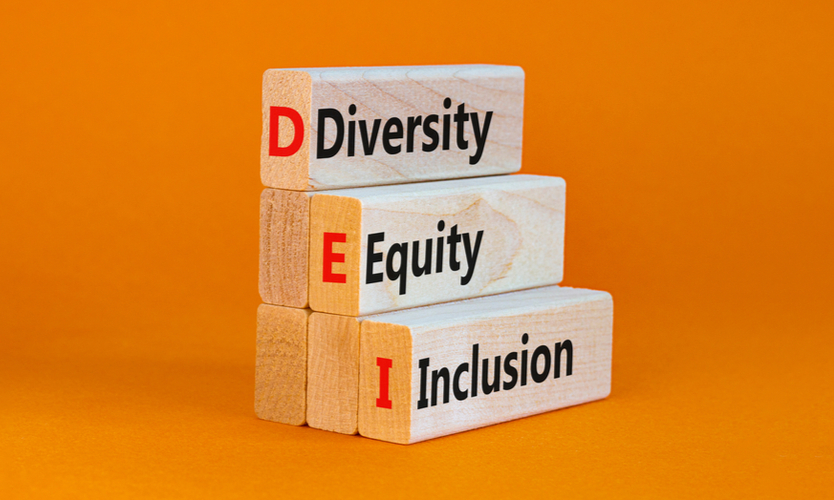Crackdown on DEI won’t end discrimination litigation: Experts
- June 19, 2025
- Posted by: Web workers
- Category: Finance

CHICAGO – Diversity, equity and inclusion programs have come under fire from the Trump administration, but antidiscrimination laws have not changed, and companies should be wary of dismantling their programs, a panel of experts said.
Employers will still face discrimination lawsuits if they revert to practices that many DEI programs were designed to eliminate, and they could also face consumer backlash against their products, they said.
Following his inauguration in January, President Trump signed various executive orders to eliminate “illegal DEI” programs in the federal government and at government contractors.
While some companies stood by their DEI programs, the orders made other organizations wary of promoting diversity, said panelists at the United Insurance Networks’ Empowering Diversity in Insurance conference last week.
Employers may need to adjust their DEI programs due to the executive orders, but the underlying legal framework for antidiscrimination efforts remains the same, said Dawn D. Bennett-Alexander, emerita professor of employment law and legal studies at the University of Georgia’s Terry College of Business and a consultant at Practical Diversity LLC in Athens, Georgia.
“The law has not changed. All of this came out of Title VII,” she said.
Title VII of the Civil Rights Act of 1964 prohibits employment discrimination based on race, color, religion, sex and national origin.
“DEI sort of grew up on its own as an offshoot, but the law has not changed. It’s still illegal to discriminate,” Ms. Bennett-Alexander said.
While insurance organizations serving government entities may face indirect pressure to curb DEI programs, they also have large clients that want them to continue with their efforts, said Aaisha Hamid, vice president of belonging and engagement at Alliant Insurance Services Inc.
Continuing with a “culture-building-related ethos” and supporting staff is also important to Alliant, she said.
“The biggest thing that people are worried about right now is, ‘Is what’s happening outside going to impact us within the organization?’” Ms. Hamid said.
Companies need to communicate with staff to ensure they understand the continued commitment to belonging and engagement, she said.
Organizations that don’t continue to pay attention to diversity could be subject to lawsuits, and their professional liability insurers will face claims, said James Felton Keith, CEO of New York-based InclusionScore Cos., which tracks DEI efforts.
“Every time somebody doesn’t like your company, that’s an insurance claim; that’s the price of DEI,” he said.
And lawsuits can come from either side of the discrimination argument, including federal bodies applying the executive orders and states applying existing laws, Mr. Felton Keith said.
“There are lawsuits coming from both sides every time an executive decides to incentivize a company that gets its contracts to back away from something,” he said.
Under the Trump administration, complaints filed through the Equal Employment Opportunity Commission are taking longer to reach court, which could ultimately drive up the cost of settlements and judgments, said Dasean Jones, a state criminal court judge in Houston.
“The cost is going to be amplified because each year you don’t get to trial, those damages are still being incurred,” he said.
In addition, companies perceived to be discriminatory could experience a consumer backlash and lose business, similar to the reduction in sales that Tesla experienced in the wake of Elon Musk’s role in the Trump administration, Judge Jones said.
Companies should remember that diversity programs began as a defense against allegations of discrimination, Ms. Hamid said.
“Something that we do have to keep at the back of our minds is that there is more than one factor to consider, and it is going to ultimately cost us a lot if we’re not more careful,” she said.
The conference was sponsored by the Association of Professional Insurance Women, National African American Insurance Association, Latin American Association of Insurance Agencies, Asian American Insurance Network and Link the LGBTQ+ Insurance Network. Ryan Specialty Holdings Inc. hosted it.



